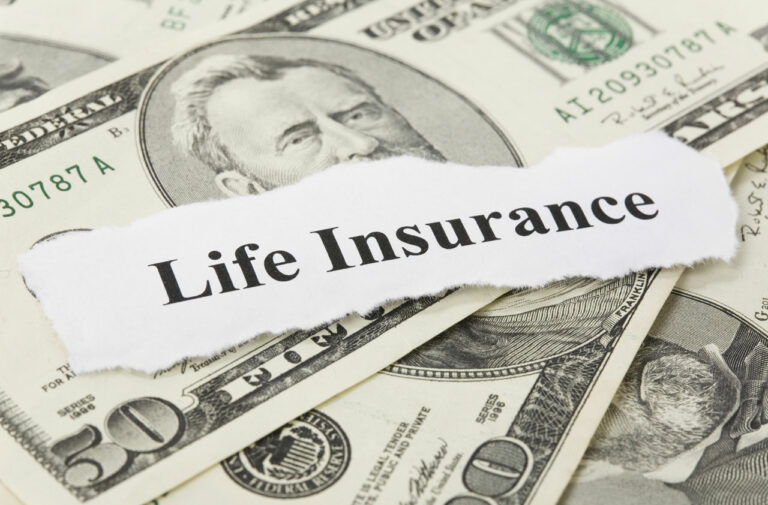The two most important considerations to focus on before a term policy expires are your current health and the policy’s conversion option. Every option you will face involves these considerations. Whether you keep, convert or sell the policy, current health and convertibility will be factors. The best time to deal with the end of a term policy is well before its end, allowing for enough time to consider a plan based on the options available in the contract. This way, you retain control over keeping the coverage or shopping for a new policy.
Long duration, guaranteed term insurance is a relatively new product in the life insurance industry. It started getting popular about 25 years ago. Low premiums have enticed many insurance buyers to overlook some disadvantages. For example, let’s assume a 35 year old person bought a 20 year term policy, 20 years ago. Twenty years later, around age 55, the policy is expiring. What we find is that a very large percentage of people in this boat want to extend the coverage, but they cannot. There are many reasons for this which I cover extensively on this site.
Before a policy expires, you want to be aware of the following:
- If the policy served its purpose, you can walk away, assuming there is no secondary market value. If you are over age 70 with some significant health issues, you might want to explore the secondary market to determine its value to a settlement investor.
- Another option is to convert your policy to a permanent one from the company that issued the original term coverage, after making sure the conversion privilege is still in effect and available to you. DO NOT ASSUME IT WILL BE. The conversion option is the single most misunderstood provision in term insurance. Most policies limit the time you can convert. Once it passes, you are out of luck and you will then need to prove evidence of insurability to the insurance company. They will want new and updated health information, new blood and other labs, at the very least. They will re-underwrite you again as if you’re a new policyholder. If, however, you are ABLE to convert WITHOUT evidence, you still may NOT want to exercise this option. It will depend on your health.
- Another possibility is to buy another term policy if you are insurable. If you are, shop the market with an insurance professional who can find you the most competitive policy at that time. No matter what you do, you are paying for the professional to assist you. If you buy a policy and use no help from anyone, the insurance company will pay the full commission to the designated agent assigned to your purchase. There is no way around this. Like the car business, you cannot call Ford and bypass the dealerships. My point is to take advantage of what you are paying for and find an agent you are comfortable working with.
- Or, you can buy a permanent policy. Beforehand, shop the market with an insurance professional who can maximize the value of your purchase, especially with a permanent policy. See point #3. Be selective and try to find a professional with experience, an impeccable reputation and solid referrals.
- Another option is to extend the coverage by paying the “renewal” premium offered by most policies. The rate will be much higher than the rate you’ve been paying. This option usually means the insured is in bad health and has no other options.
The most important thing I can offer as a takeaway is to review the policy every couple of years and talk through these options to be mindful of when the conversion date expires. Planning around that date will prove to be beneficial in the long and short run.
Give us a call at 561-869-4500 or email me at TB@LifeCyclePlanners to get started. I offer a complementary conversation about anything on your mind concerning your insurance coverage or succession plan.






